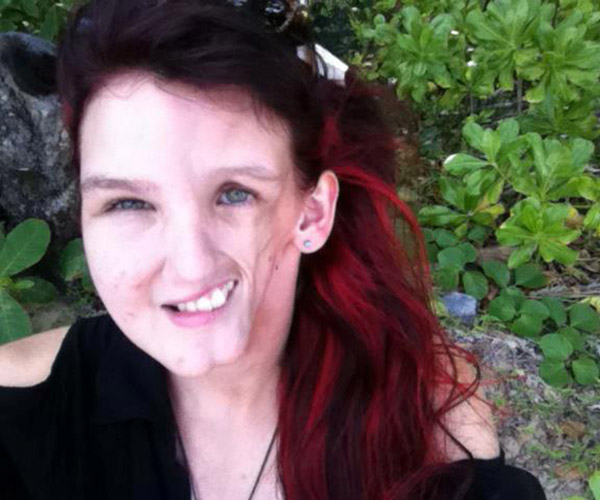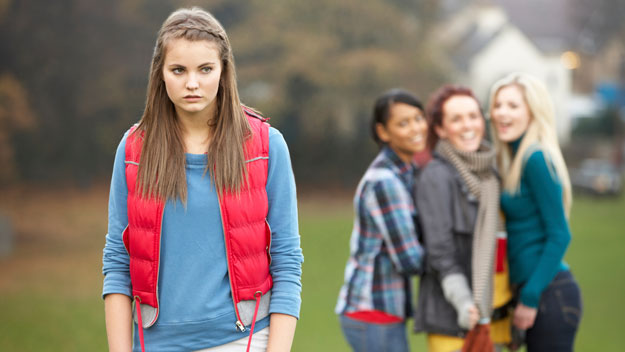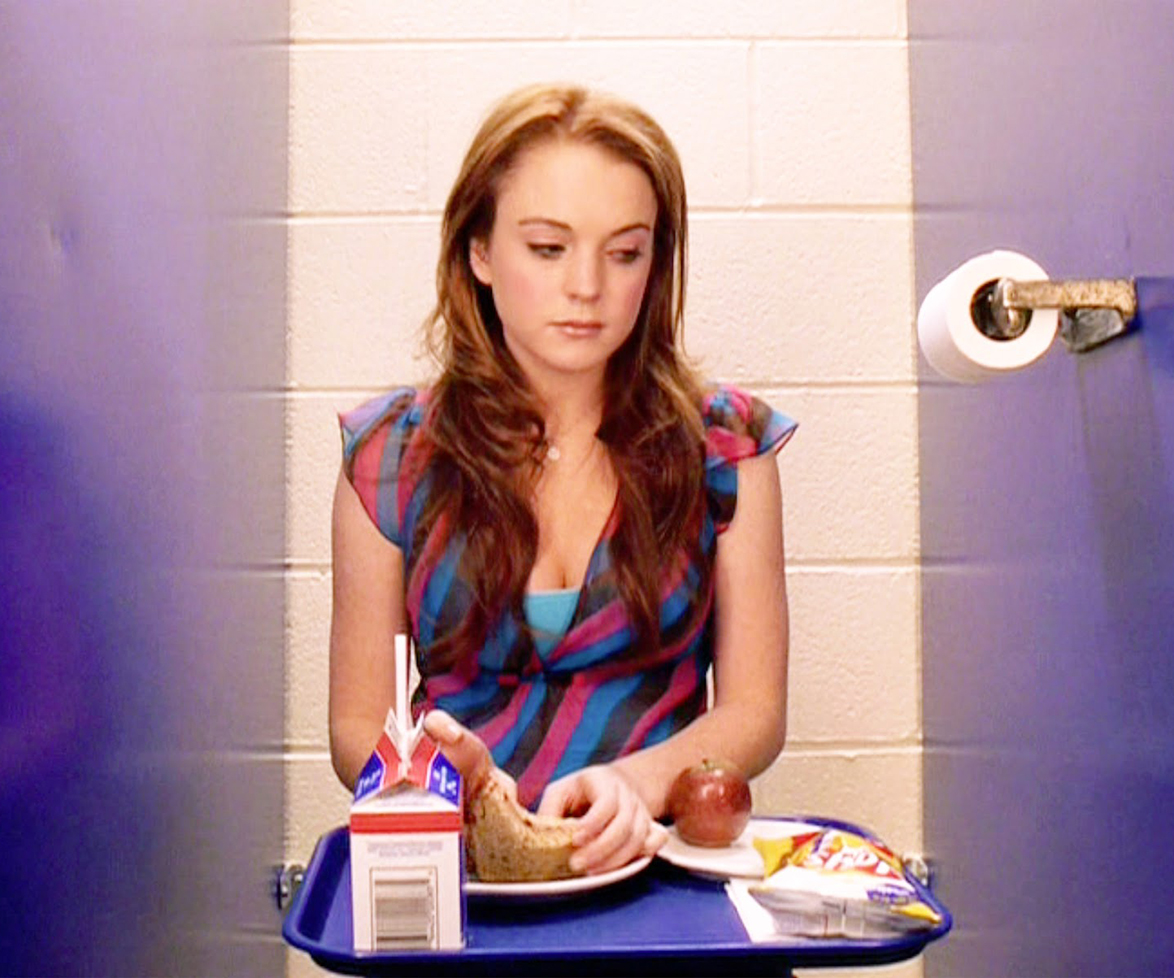Kiara Higgins, 20, from Cairns, Qld, shares her real life story:
I kept my head down as I got on the bus, wishing I was invisible.
“Smash face!” an older boy from a different school called out.
He threw an empty can on the floor and crushed it with his foot while his friends laughed.
“That’s what your face looks like,” he taunted.
“Shut up!” my older sister, Jess, fired back.
But it was too late. I was already in tears.
I was only seven. I’d just started school and even though the kids in my year were friendly, older kids were mean about the fact I looked different to everyone else.
When I was two, my mum noticed the left side of my face looked a little twisted, like it was developing differently from the right side.
I was diagnosed with Parry-Romberg syndrome, a rare disorder that meant my immune system was essentially attacking the soft tissue on the left side of my face, causing it to deteriorate and shrink.
As a toddler, I spent most of my time in Brisbane Hospital where I received chemotherapy to suppress my immune system in an attempt to slow down the deterioration.

Me at preschool.
I was put in isolation in case anyone else made me sick and only my mum and my baby sister, Shay, were allowed in the room with me.
I desperately wanted to go outside and be with other kids.
“Please can I play today?” I pleaded with Mum each day.
Finally, when I was four, we were allowed to go home to Cairns, Qld, where my dad and older sister were waiting for us.
I took tablets for my immune system and had six-monthly check-ups at Brisbane Hospital to make sure my condition wasn’t getting any worse. But mostly I was free to be a normal kid.
At first the kids at my school were unsure of me, but once I told them I wasn’t contagious, they warmed up to me and I made friends quickly.
It was just the older boys on the bus who were unkind.
The older I got, the more noticeable my condition became. I looked like I only had half a face as the right side of it was almost completely caved in.
Strangers stared at me in the street and I hated the way I looked.
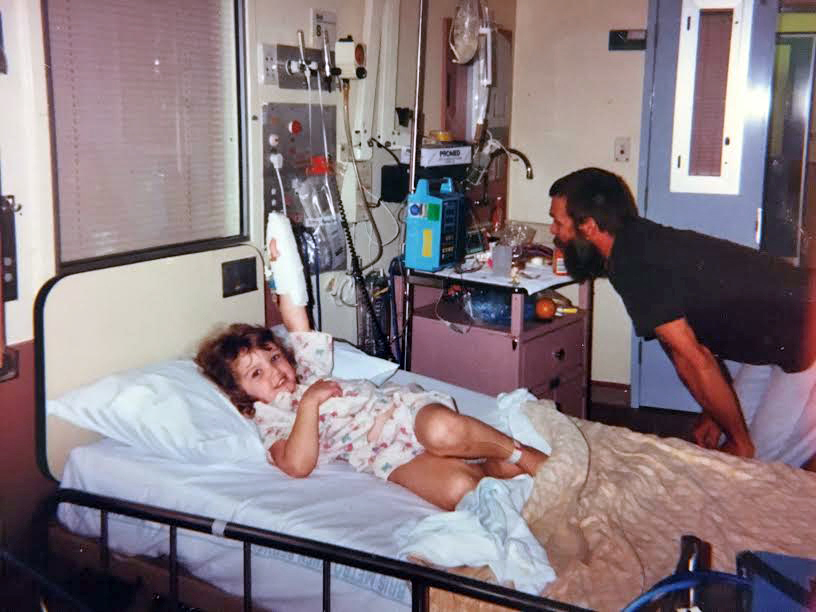
Me, age four, in hospital.
When I was 13, my friends and I went to a party. We were having fun, bopping along to the music, when a girl turned around, looked at my face and let out an almighty scream.
I just sat down in the corner of the room and cried.
I’m a monster, I thought as I sobbed.
I felt like a freak and, worst of all, I could see the girl whispering to her friends and pointing to me.
“Don’t let it get to you!” my friends encouraged me.
They were so lovely and always told me I was beautiful, even if I never really felt it.
As puberty hit, my self-esteem got even worse.
I didn’t think I was pretty enough and couldn’t pluck up the courage to talk to my crushes.
Sometimes I’d sit in front of the mirror and cover the left side of my face with my hand, imagining what I would look like if my face was symmetrical.
Why me? I often wondered.
My self-confidence was so low I avoided situations where I’d have to meet new people.
When I turned 15, my mum suggested I see a psychologist to help me cope.
At first I resisted because I didn’t think it would do any good, but after a few weeks of Mum nagging, I agreed.
I was really nervous at the beginning of my first session, but my psychologist was patient and kind so I opened up to her.
For the first time I felt like someone was listening to me and actually understanding how I felt.
“What’s the worst-case scenario?” she’d ask me when I worried about meeting new people. “Is it really that bad?”
I soon learned that the awful things that happened in my mind, such as name-calling and staring, were unlikely to happen in real life.
So, feeling bold, I got a job in a supermarket where I met new people every day.
I even managed to talk to some of my crushes and started dating boys I liked.
Climbing further and further out of my shell, I stopped caring about what people thought of me.
Post continues after video
As a child, I dreamed of having reconstructive surgery so I could look like everyone else. But now, after all these years, I just wanted to be me.
I worked hard for my final exams and got into uni.
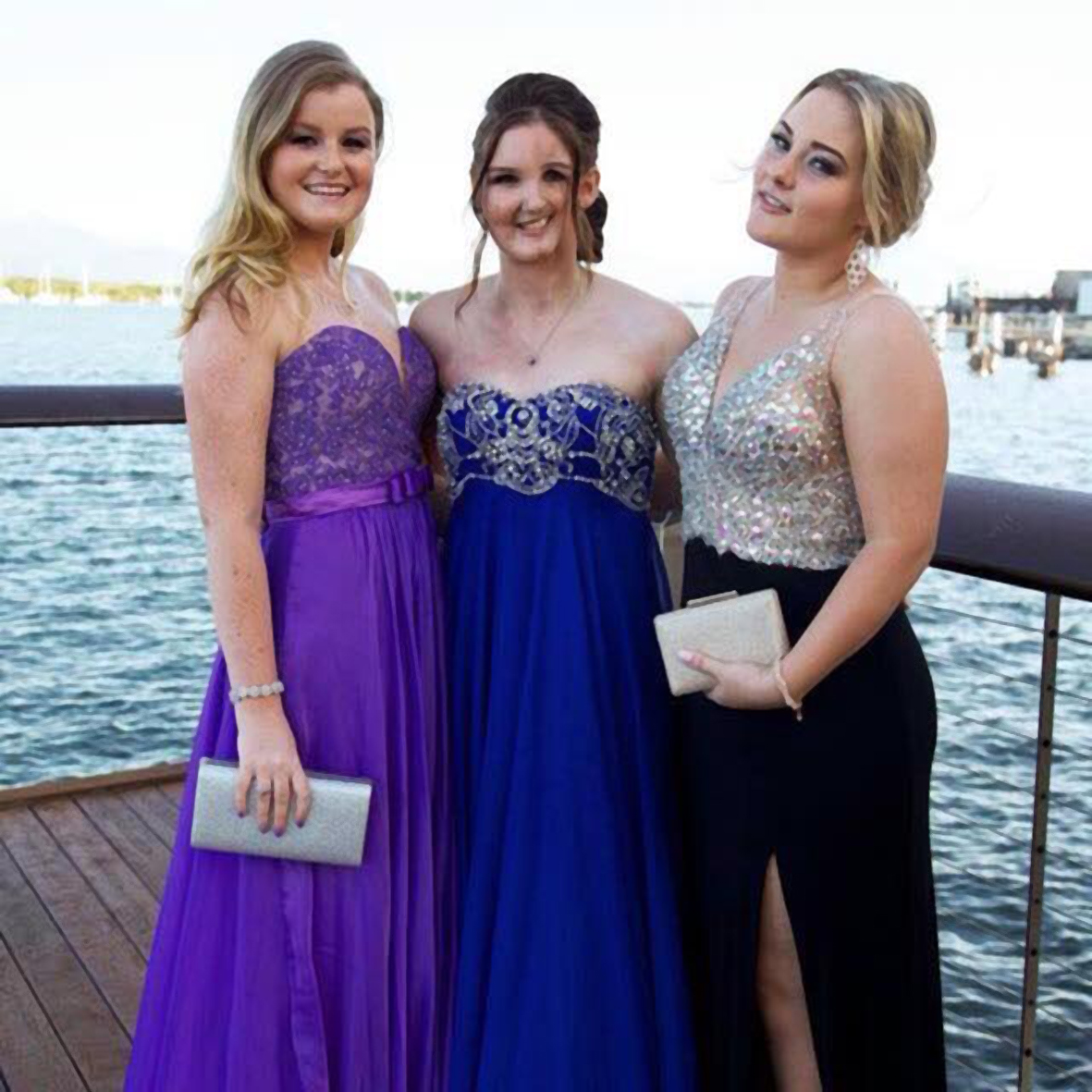
At my school formal – I finally feel confident in my own skin.
Now, I’m studying psychology in the hopes that one day I can become a psychologist and help someone in the same way that I was helped.
I also have a really supportive boyfriend, Sam, who I couldn’t be happier with.
It’s been a long journey but I’m finally comfortable in my own skin.
